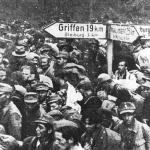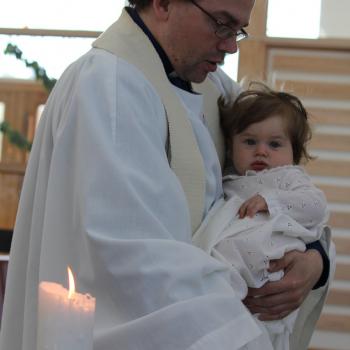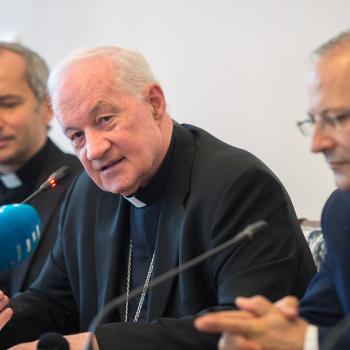The acquittal on rape charges of five men who sexually assaulted an 18 year-old girl in Pamplona in 2016 has set off a wave of protests in Spain over what millions of people are calling the country’s antiquated and sexist justice system. But while not one Spanish bishop has yet pronounced on the “Wolf Pack” case (after a WhatsApp group established by the guilty men, La Manada), the Carmelite nuns of Hondarribia have been praised for adding their voice to the country’s growing #MeToo moment.
“We live in cloister, we wear a habit that goes almost to our ankles, we don’t go out at night (unless it’s for a medical emergency, we don’t go to parties, we don’t consume alcohol, and we’ve taken a vow of chastity”, wrote Sister Patricia Noya in the name of the religious in a Facebook post April 26. “Ours is an option that doesn’t make us better or worse than anyone, even if, paradoxically, it makes us freer than most”, the nun continued.
“And because it’s a FREE choice, we defend with all the means available to us (this is one of them) the right of all women to FREELY do the opposite [that is, to live in the world, and not in a convent] without being judged, raped, intimidated, murdered or humiliated for it. SISTER, I BELIEVE YOU“, concluded Sister Patricia in her post.
In comments to Spanish media after the message went viral the nun explained that, in the eyes of the religious women, it’s unacceptable that an “atrocity” like the Manada gang rape is committed “and the one being publicly judged, condemned and humiliated for it is the victim”. A widespread complaint in Spain in the week since the verdict was handed down, as women and men from Barcelona to Alicante have taken to the streets to shout slogans such as “This justice is bullshit!” and “If they touch one of us, they touch all of us!”. “It’s not abuse, it’s rape”, protesters have cried too, even though the men – a soldier and a police officer among them – were sentenced to nine years’ jail for the first of these offenses after the court found they had neither committed violence against nor intimidated the woman.
The nuns of Hondarribia, explained Sister Patricia, wanted to show their solidarity not only with the particular victim of La Manada but “with every woman who has to think twice before going through a dark street alone or before they go home on their own”. In the week since the verdict came down, however, not one bishop of a Spanish diocese has given their support to the cause, and this despite the fact that both the Spanish Archbishop of Tangier in Morocco, Santiago Agrelo, and the charismatic Argentinian nun now living in Spain, Sister Lucía Caram, have shown them the way.
For his part, Agrelo wondered on Twitter whether the “defenceless” Manada victim hadn’t suffered “further abuse” at the hands of the law, and Caram declared the guilty men to be even more “disgusting” than cattle or pigs. Strong words that would have done the social reputation of the Spanish Church a world of good had they come out of the mouths of their pastors.












